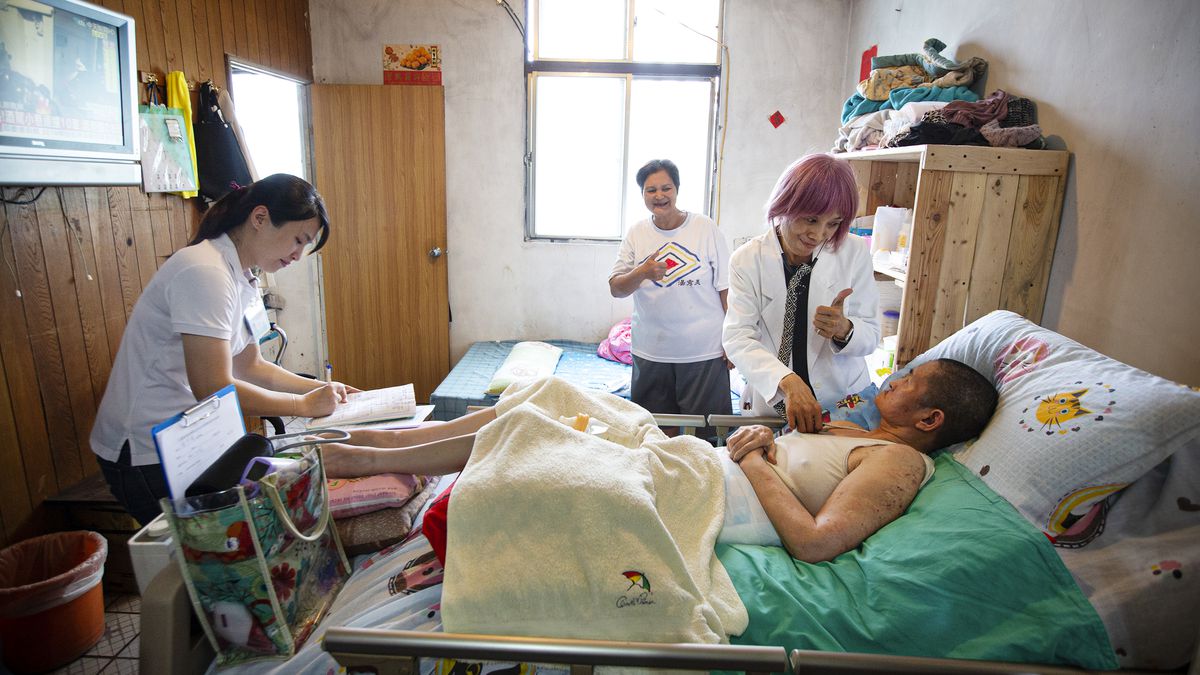Experts Warn of Rising Antibiotic Resistance in Common Infections
Recent warnings from medical experts highlight a growing and concerning trend – the rising resistance of bacteria to commonly used antibiotics. This phenomenon, known as antibiotic resistance, is emerging as a major public health threat, undermining the effectiveness of treatments for everyday infections and posing significant challenges to healthcare systems worldwide. Antibiotic resistance occurs when bacteria evolve mechanisms to withstand the drugs that were once effective in treating infections. The misuse and overuse of antibiotics, both in human medicine and agriculture, significantly contribute to this problem. For instance, patients who do not complete their prescribed antibiotic courses or use antibiotics for viral infections contribute to the selective pressure that drives resistance. Similarly, the routine use of antibiotics in livestock to promote growth and prevent disease in crowded conditions exacerbates the issue, leading to the spread of resistant strains.

The implications of rising antibiotic resistance are profound. Common infections that were previously manageable with standard antibiotics, such as urinary tract infections, strep throat, and some forms of pneumonia, are becoming increasingly difficult to treat. In severe cases, infections caused by resistant bacteria can lead to longer hospital stays, more complex treatments, and higher rates of complications and mortality. The inability to effectively treat these infections also poses a risk to surgical procedures and cancer treatments, which rely on antibiotics to prevent or manage infections that can arise from weakened immune systems. Experts emphasize that combating antibiotic resistance requires a multifaceted approach. Improved stewardship of antibiotics is crucial; this includes prescribing antibiotics only when necessary, ensuring patients complete their prescribed courses, and avoiding the use of antibiotics for viral infections like the common cold. Additionally, the development of new antibiotics and alternative treatments is essential to stay ahead of evolving resistant strains. Investment in research and development, alongside the prudent use of existing antibiotics, is vital to address the resistance crisis.
Public awareness and education are also key components in tackling antibiotic resistance. Raising awareness about the dangers of misuse and the importance of adhering to prescribed treatments can help reduce the demand for unnecessary antibiotics. Furthermore, practices in agriculture must be revised to limit the use of antibiotics in livestock, ensuring that these critical drugs remain effective for human medicine. In summary, the rise in antibiotic resistance poses a serious threat to public health, potentially rendering common infections untreatable with current medications. Addressing this issue requires a concerted effort from healthcare professionals, researchers, policymakers, and the public to promote responsible antibiotic use, support new drug development, and implement comprehensive strategies to mitigate resistance. Without immediate and sustained action, the effectiveness of antibiotics, a cornerstone of modern medicine, could be significantly compromised, leading to dire consequences for global health.

